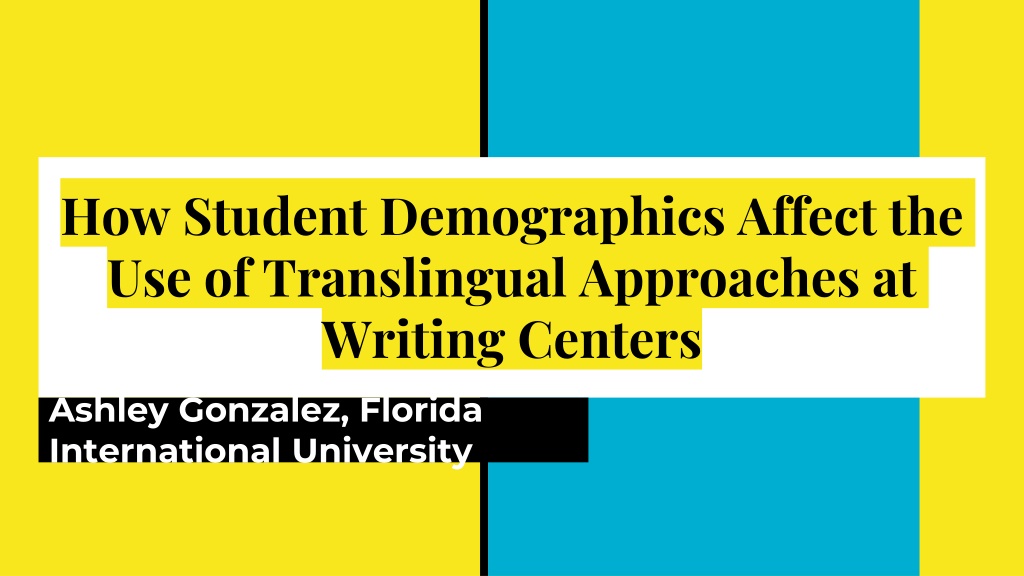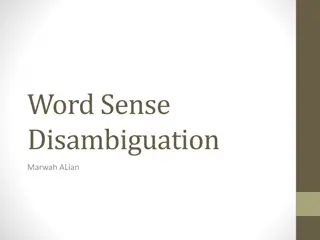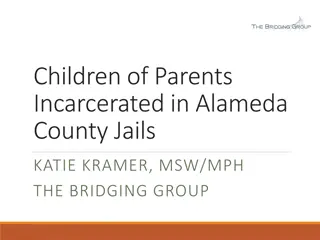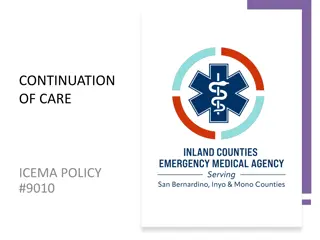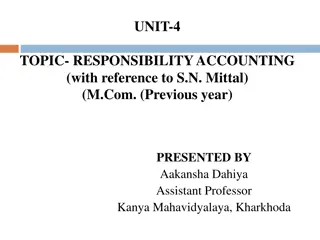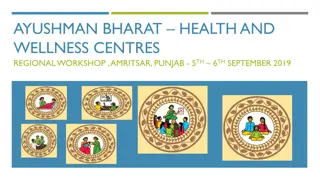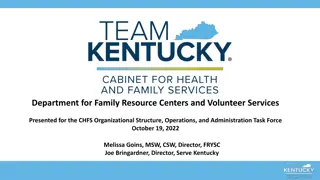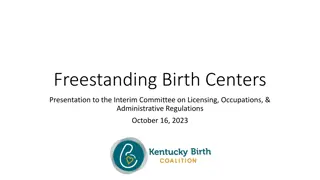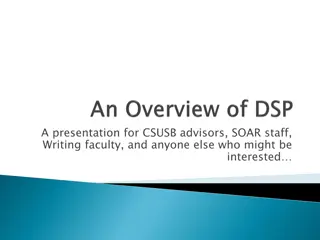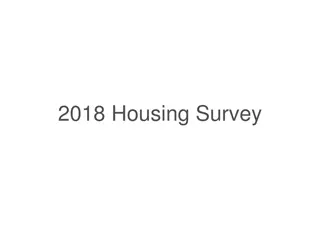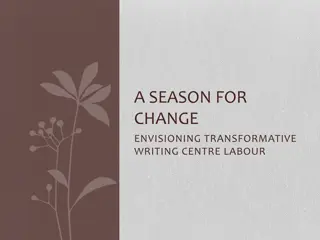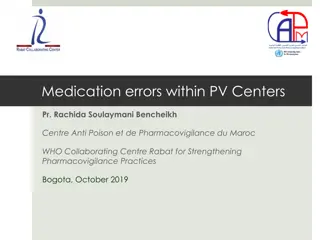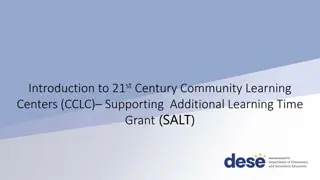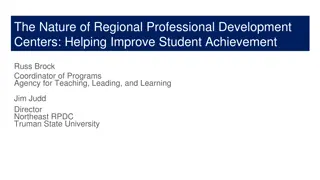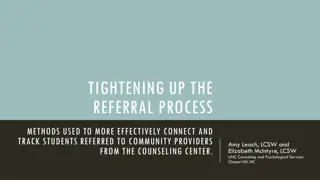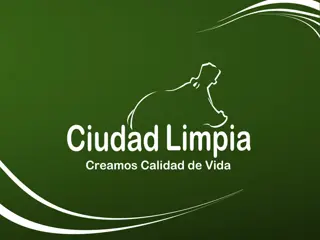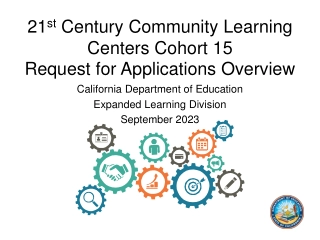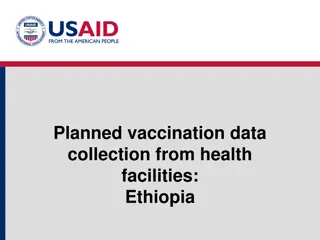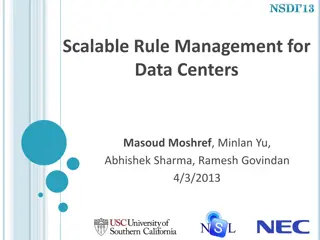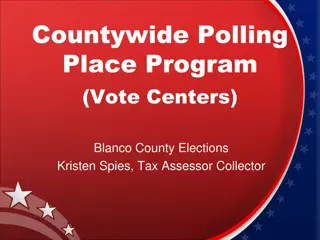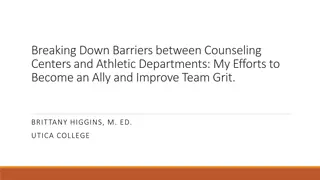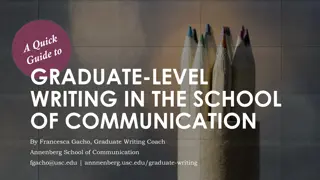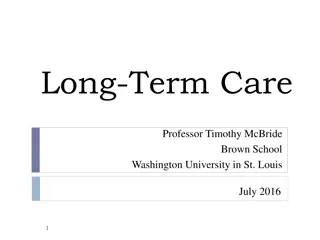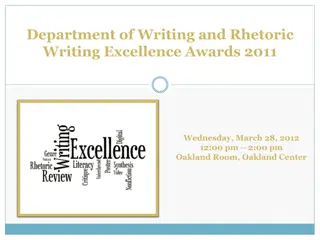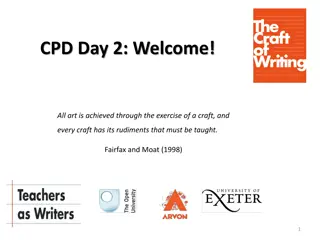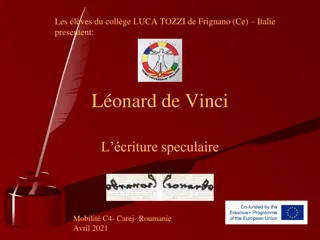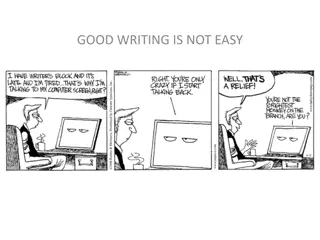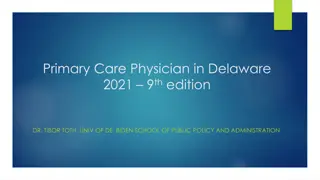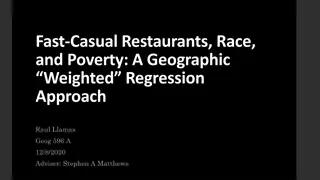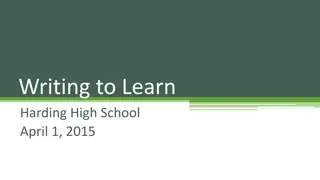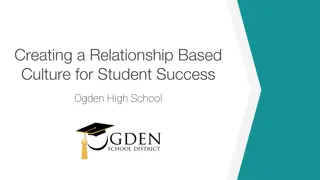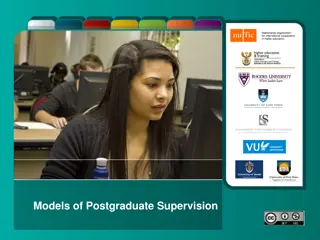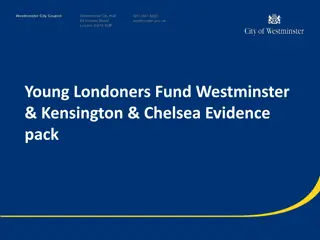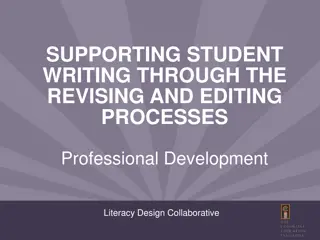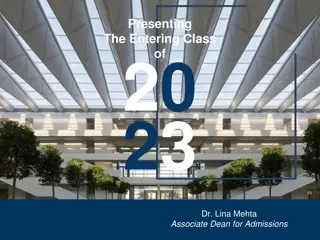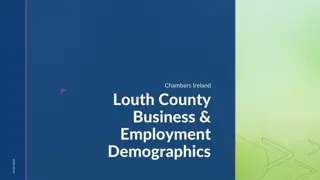Understanding the Impact of Student Demographics on Translingual Approaches in Writing Centers
Explore how student diversity and language backgrounds at Florida International University influence the utilization of translingual approaches in writing centers. The study investigates how implementing translingualism can enhance communication and confidence among students writing in Academic English.
Download Presentation

Please find below an Image/Link to download the presentation.
The content on the website is provided AS IS for your information and personal use only. It may not be sold, licensed, or shared on other websites without obtaining consent from the author. Download presentation by click this link. If you encounter any issues during the download, it is possible that the publisher has removed the file from their server.
E N D
Presentation Transcript
How Student Demographics Affect the Use of Translingual Approaches at Writing Centers Ashley Gonzalez, Florida International University
Introduction Florida International University is encompassed by a diverse student body. If one were to enter the Graham Center, they would see flags from all around the world which symbolize the nations their students come from. This fact that ] numerous cultures are exhibited in the classrooms also brings a language barrier to writing. Pupils who have immigrated to the United States might find it challenging to translate their multilingual thoughts into Academic English sentences. This shortcoming brings them to the Writing Center for assistance, but some tutors might not have the tools to understand their word choices. Using a translingual approach in the Writing Center will assist both tutor and tutee in having effective session
What is Translingualism? The translingual approach "sees difference in language not as a barrier to overcome or as a problem to manage, but as a resource for producing meaning in writing, speaking, reading, and listening" (Horner et. al 303). Through observations and surveys, I am questioning if utilizing translingualism in a writing session, along with code-meshing, conversation, and communication, help a student become more confident in their work.
The Effect of Academic English on Students
We ask students to enter into a conversation without understanding how to speak the language (Phelps 79).
The interference of self-consciousness and false beliefs of writers drive them to use an imaginary language known as "Engfish," which is "[a] feel- nothing, say-nothing language... A dialect in which words are almost never 'attached to things'" (Phelps 79).
Translingualism and Standard English
The growing majority of English speakers worldwide including substantial numbers within the United States know other languages, and, through interaction, the Englishes they use vary and multiply (Horner et. al 303).
Translingualism in the Writing Center
In many cases, we can guess at the meaning, and letting the writer see our effort to construct meaning is a powerful tool in working with translingual writers (Mendez Newman 8).
Methodology To create my data collection, I used Google Forms. The questions I used are: 1. Are you familiar with the concept of translingualism? 2. Translingualism is the use of two or more languages in writing. Do you believe that translingual writers think differently from native English speakers? Please explain. 3. Have you ever been tutored by a translingual tutor? 4. Have you ever tutored a translingual writer? 5. On a scale from 1-5, how comfortable did you feel when translingualism was introduced in the session?
Methodology Questions (Cont.): 6. On a scale from 1-5, how comfortable did you feel when translingualism was introduced in the session? 7. On a scale from 1-5, how comfortable did you feel when translingualism was introduced in the session? 8. Which form of translingualism assisted more throughout the session? 9. Did the communication between tutee and tutor improve when using translingualism? Please explain. 10. How did your self-confidence improve, or not, in tutoring, writing, or both?
Conclusion - - No conventional limitations Good responses because of a diverse school
Conclusion: How to Apply this Theory in Other Universities - Articles from Praxis: A Writing Center Journal - Conference on College Composition and Communication (CCCC) - Having more sources will also improve the questions from the survey; by having more references, students that test this in another university will know what kinds of questions will pull responses.
FIUs CEW At Florida International University's Center for Excellence in Writing, translingualism helps tutor and tutee work on a new way of looking at the writing. It allows students to see their duality in language as a strength, as they can use various rhetorical and linguistic approaches in enhancing their writing. Tutors also gain knowledge as to how they can work with these students and apply it to other sessions and even their practices. Looking at how it is applied at FIU could assist students in recreating it; they will see how it works in a multicultural environment and brainstorm methods to use it to improve the communications of their school.
IG: @FIUCEW Twitter: @FIU_CEW
Works Cited Hauer, L. "Translingualism in the Writing Center. Where Can We Meet?" (2016). Horner, Bruce, et al. "Language Difference in Writing: Toward a Translingual Approach." College English 73.3 (2011): 303- 321. Jones Daly, Adrienne. "Practicing Translingualism: Faculty Conceptions And Practices." (2019). Newman, Mendez Beatrice. "Tutoring Translingual Writers: The Logistics of Error and Ingenuity." Praxis: A Writing Center Journal (2017). Parrott, Jill. Some People are Just Born Good Writers. Bad Ideas About Writing, West Virginia University Libraries Digital Publishing Institute, pp. 71 75. Phelps, Meghan. "Internal Language Barrier: Addressing Disconnects in Discourse at the Collegiate Writing Level." Young Scholars In Writing 13 (2016): 79-93.
